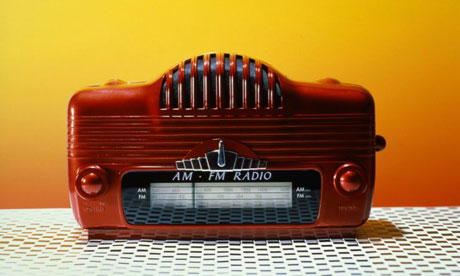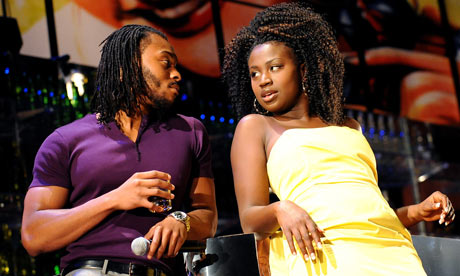 Firstly, no, Tom Wrigglesworth's Open Return Letter to Richard Branson isn’t that letter. His epistle is not to be confused with Oliver Beale’s, whose email to the Virgin boss complaining about the food on a Virgin flight went viral last year. The Sheffield-born comic, currently appearing at the Soho Theatre in London, set about an altogether more decent-hearted campaign after witnessing some gross unfairness meted out to an elderly passenger on a Virgin train journey last autumn.
Firstly, no, Tom Wrigglesworth's Open Return Letter to Richard Branson isn’t that letter. His epistle is not to be confused with Oliver Beale’s, whose email to the Virgin boss complaining about the food on a Virgin flight went viral last year. The Sheffield-born comic, currently appearing at the Soho Theatre in London, set about an altogether more decent-hearted campaign after witnessing some gross unfairness meted out to an elderly passenger on a Virgin train journey last autumn.Wrigglesworth’s show is equal parts storytelling, history and social commentary, glued together with more rage and waspishness than you might expect from a man who resembles a kindly twig in tweed. Each bureaucratic nightmare is darkly characterised with League of Gentlemen-style voicing, while the painfully sad description of Lena, 75 – in tears after handing over a roll of hard-saved money that was intended to buy Christmas presents for her grandchildren – threatens to derail Tiny Tim as Britain’s most festivally tragic near-miss.
For Wrigglesworth has a verbal skill that borders on genius, skewering a folk-song use of rhyme and rhythm with a forceful wit and sending up the British curmudgeon with wicked skill. His descriptions of fellow travellers, from a group of “northern Golden Girls” engaged in a verbal rally of dour sayings to the jobsworth ticket inspector “ejaculating an orange ticket of misery” towards poor old Lena, are as much of a joy as the actual jokes themselves.
At one point he gets so carried away on a tangent about tinned fruit that he comes unstuck altogether. “You were on a train!” somebody reminds him. But so deft is the lanky comedian’s way with words – he was nominated for this year’s Edinburgh Comedy Award for this show – that, when he does lose the plot, it’s more like a ballerina pausing mid-pirouette than a comedic car crash. Why Radio 4 hasn’t yet prostrated itself at his door and begged to be allowed to bottle these rants is beyond me.
It’s certainly clear that he needs to move on. Whether Wrigglesworth is bored stiff of performing the same show for much of 2009, or just knows it too well, this does at times come across as more of a motivational workshop than a living, breathing comedy show. As he addresses the back of the Soho’s studio space like Dame Judi Dench aiming for the gods, it takes a while to feel fully engaged. But once he’s relaxed into his storytelling it’s terrific.
What lifts this show above a twee bit of eye rolling and “Ticket inspectors – what are they like?” is that Wrigglesworth did that most un-British thing and got involved, with a tangible result. “Lena’s Law” now means passengers who have to buy or adjust their ticket on Virgin Trains are charged the appropriate fare rather than the top-possible price. Wrigglesworth is also now petitioning that all train companies follow suit and it’s incredibly uplifting to see comedy that not only blasts a problem but delivers a solution.
Tom Wrigglesworth is at the Soho Theatre 5-7 November. Book here. He will be touring the UK from 17 January 2010. Information


